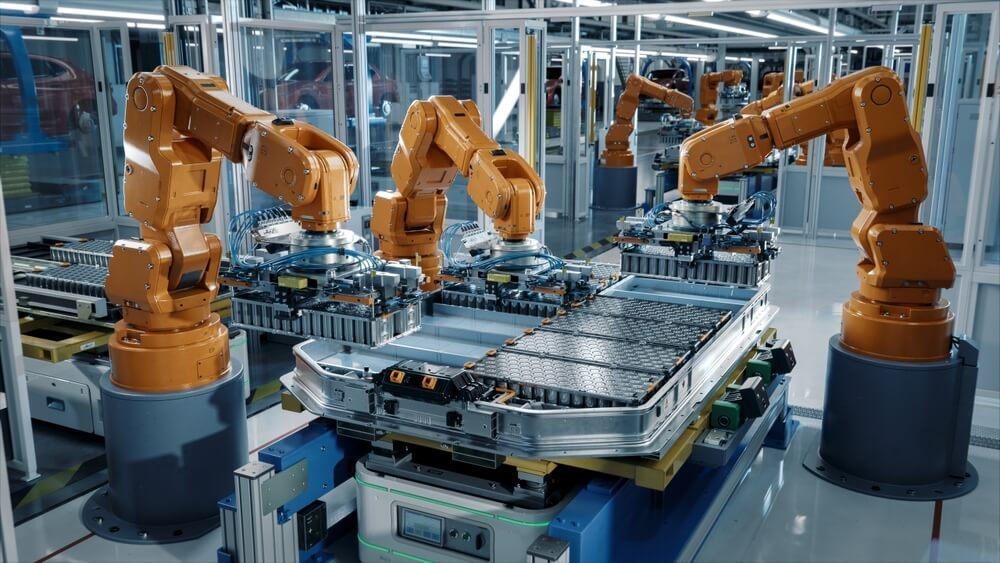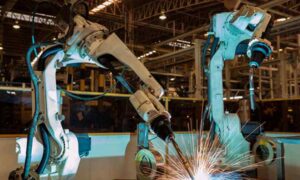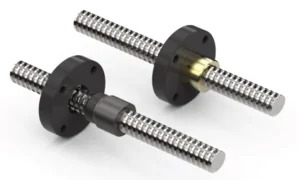In today’s rapidly evolving industrial landscape, Industrial Automation Solutions are transforming the way businesses operate. Automation is no longer a luxury; it’s a necessity for companies aiming to enhance efficiency, precision, and productivity. From manufacturing to logistics and energy management, automation technologies are streamlining operations and enabling industries to achieve consistent quality while reducing operational costs.
What is Industrial Automation?
Industrial automation involves using control systems, machines, and information technologies to perform industrial tasks with minimal human intervention. It integrates hardware such as controllers, sensors, and actuators with intelligent software systems to automate processes like production, assembly, and packaging.
The core objective of automation is to improve performance, ensure accuracy, and minimize human error—helping industries meet growing market demands effectively.
Benefits of Industrial Automation
- Enhanced Productivity
Automation ensures continuous operation, allowing 24/7 production without fatigue or errors. This leads to higher output levels compared to manual labor. - Improved Quality and Consistency
By standardizing processes, automation eliminates variations caused by human factors, ensuring every product meets the same quality standards. - Cost Efficiency
While initial investments in automation systems can be significant, they often yield long-term savings through reduced labor costs, minimized waste, and improved energy efficiency. - Workplace Safety
Automated machinery takes over dangerous or repetitive tasks, reducing the risk of workplace injuries and creating a safer working environment.
The Role of Variable Speed Drives in Automation
A vital component in many automation systems is the Variable Speed Drives (VSDs). These devices control the speed and torque of electric motors, allowing precise adjustment based on real-time demands.
Why VSDs matter:
- They improve energy efficiency by adjusting motor speed to match the required output.
- They extend the lifespan of equipment by reducing mechanical stress.
- They enhance process control, enabling smoother and more accurate operations.
Whether in HVAC systems, conveyor belts, or manufacturing lines, variable speed drives contribute significantly to operational efficiency and energy conservation.
How Industrial Automation is Shaping the Future
- Smart Factories and Industry 4.0
The integration of Industrial Internet of Things (IIoT) technologies has given rise to smart factories. These facilities use interconnected sensors and analytics to optimize production in real time, predict maintenance needs, and reduce downtime. - Robotics and Artificial Intelligence
Robots are taking over repetitive and high-precision tasks, improving safety and productivity. AI-driven algorithms help analyze data, optimize processes, and even make autonomous decisions. - Sustainability Through Automation
Automation also supports sustainability by reducing energy consumption, minimizing waste, and ensuring better resource utilization. This aligns with global goals for environmentally responsible manufacturing.
FCR Motion: Driving Innovation in Industrial Automation
When it comes to reliable automation technology, FCR Motion stands at the forefront of delivering advanced motion control systems. The company provides cutting-edge Industrial Automation Solutions tailored to various industries, including manufacturing, mining, food processing, and packaging.
FCR Motion’s range of automation products—such as servo drives, sensors, and Variable Speed Drives—help businesses achieve operational excellence. Their systems are designed to offer seamless integration, precision control, and energy efficiency, ensuring clients get the most out of their automation investments.
Why Choose FCR Motion for Industrial Automation?
- Comprehensive Solutions: FCR Motion offers a complete suite of automation and motion control products designed to meet unique industry needs.
- Proven Expertise: With years of experience, their engineers provide unmatched support and consultation to optimize your systems.
- Sustainability Focus: Their automation solutions are designed with energy efficiency and long-term performance in mind.
Whether you’re upgrading existing systems or building a fully automated facility, FCR Motion provides the technology and expertise to bring your industrial vision to life.
Conclusion
Industrial automation is no longer just the future—it’s the present driving force behind global industrial progress. By leveraging Industrial Automation Solutions and technologies like Variable Speed Drives, businesses can enhance efficiency, sustainability, and competitiveness.
With innovative providers like FCR Motion leading the way, industries across Australia and beyond can look forward to a smarter, safer, and more efficient future powered by automation.
FAQs
- What is industrial automation used for?
Industrial automation is used to streamline manufacturing, production, and industrial processes by minimizing human intervention and improving accuracy and efficiency. - How do Variable Speed Drives improve energy efficiency?
Variable Speed Drives optimize motor performance by adjusting speed according to load demand, reducing energy waste and overall operational costs. - What industries benefit most from automation?
Manufacturing, food processing, packaging, mining, and energy sectors benefit greatly from automation technologies. - Is investing in automation expensive?
While initial costs can be high, automation typically leads to long-term savings through reduced labor, energy efficiency, and minimal downtime. - Where can I find reliable automation products in Australia?
You can explore high-quality automation and motion control systems at FCR Motion, a trusted provider of advanced industrial automation solutions.





























